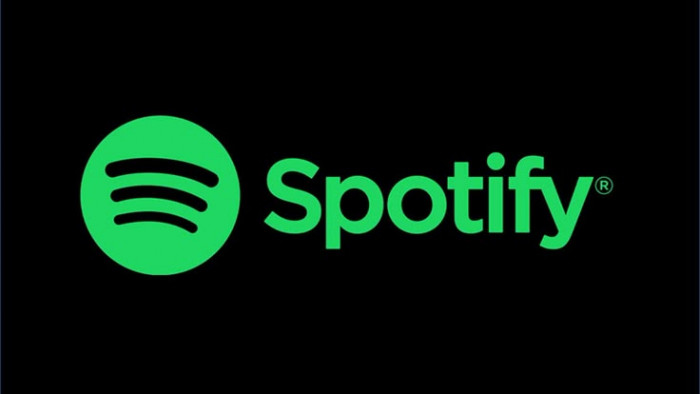Table of Content
Spotify has set the stage for a more transparent, trustworthy music streaming experience by rolling out sharp new rules for AI-generated tracks, aiming its spotlight on clarity and creativity rather than clutter and confusion.
Raising the Bar for AI Disclosure
Rather than drawing a hard line, Spotify's new policy embraces the full color spectrum of modern music creation. Soon, every AI-generated track will be clearly labeled, thanks to a forthcoming industry credit standard called DDEX. The process isn’t just tagging the song as “AI”; it’ll detail precisely where artificial intelligence played its part, whether it’s the vocals, the instrumentals, or behind-the-scenes production wizardry.
Outlawing Voice Clones and Impersonations
In a world where a fake voice can stir real drama, Spotify’s crackdown is explicit: unauthorized vocal clones and AI-powered impersonations will be swiftly removed, with no loopholes for deepfakes or synthetic voice tricks. The intention is to keep artists’ identities unambiguous and audio authenticity intact.
Spam: Identified, Filtered, and Out
AI tools have made mass music uploads easier than ever, flooding platforms with everything from duplicates to tracks engineered for recommendation system manipulation. This fall, Spotify unleashes a new spam filter designed to sniff out these spurious tactics. Bad actors won’t just get flagged; their tunes will be quietly sidelined from recommendations, making room for authentic artistry on listeners’ playlists.
The Industry Moves as One
Spotify isn’t going solo; fifteen major music labels and distributors are committing to these standards, building momentum for industry-wide adoption. As the market evolves, Spotify will keep tuning its filter, layering in new signals to stay ahead of the spammers.
Fighting Fraud Across Profiles
A new partnership with distributors aims to prevent ‘profile mismatches’: a sneaky tactic where someone uploads music to another artist’s account, hijacking their identity. By blocking these attempts before the tracks go live, Spotify makes fraudsters think twice.
Perspective: From Problem to Possibility
Despite this tighter grip on misuse, Spotify remains bullish on AI’s potential when wielded by genuine creators. According to the streaming giant’s music head, the future belongs to artists who blend AI tools with a human soul, bringing fresh waves of creativity without sacrificing integrity. But to unlock those possibilities, protecting listeners from spam is non-negotiable.
Why Now?
The urgency isn’t hypothetical. Over the summer, an AI band called Velvet Sundown surged to viral fame, fueling calls for clearer AI labeling. Rival platforms report that nearly one-fifth of music uploaded daily is now fully AI-generated. While Spotify holds its own numbers close to the chest, the message is clear: the wave of AI music is here, and the streaming world must adapt fast.


